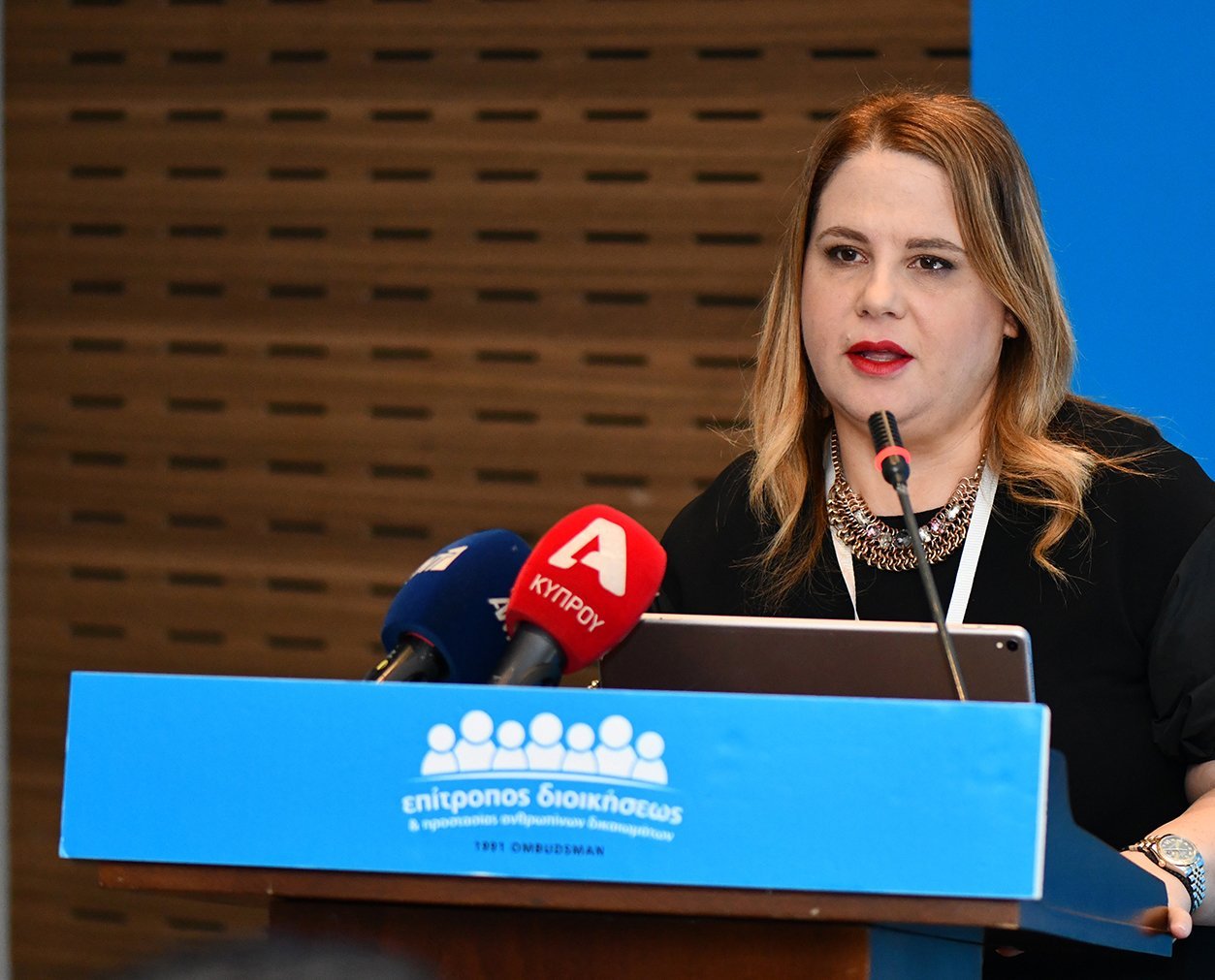Collective stigma and discrimination against Roma persists to this day, Commissioner for Administration and Protection of Human Rights Maria Stylianou Lottides said on Friday.
In an announcement to mark international Romani day, April 8, Lottides said that “legally, the Cypriot Roma population enjoys the same rights and opportunities as all Cypriot citizens.
“In practice, and despite the measures taken by the state, they still remain particularly vulnerable and socially and economically marginalised,” she said.
“Particular problems were identified in the possibility of employment of Roma, in their access to appropriate health and welfare services, as well as in their housing conditions in isolated and / or unsuitable premises / houses”.
These were part of the findings that came up in a 2020 report, initiated by Lottides, which was followed up with a series of proposals aiming at improving the current situation and upholding fundamental human rights for the Roma community in Cyprus, which consists of around 1,250 people of whom 650 to 700 live in the Republic.
“We submitted a series of suggestions to all the competent services, for taking concrete measures, which will improve the current situation and will ensure the protection of the fundamental rights of the Roma community in Cyprus,” Lottides added.
April 8 was chosen as a tribute to the first international assembly of Roma representatives, held in April 1971 in London, in their effort to mobilise their community towards having their identity recognised and securing equal rights. The day celebrates Roma history, language, and civilisation on one hand and on the other serves as a reminder of the discrimination and social exclusion experienced by members of the Roma community up to this day.
Concluding, Lottides said that “this day is an opportunity for all of us to turn our thoughts towards the Roma community, respect otherness, and intensify our efforts in combating discrimination and social exclusion both as a society and polity.”
Roma community numbers ten to twelve million members and is Europe’s largest transnational minority. In 2006, the UNDP said that the Roma community is the most vulnerable group in all of Europe referring to its high poverty levels, lack of educational and occupational opportunities, lack of physical security, poor housing, and its lack of access to healthcare services.







Click here to change your cookie preferences